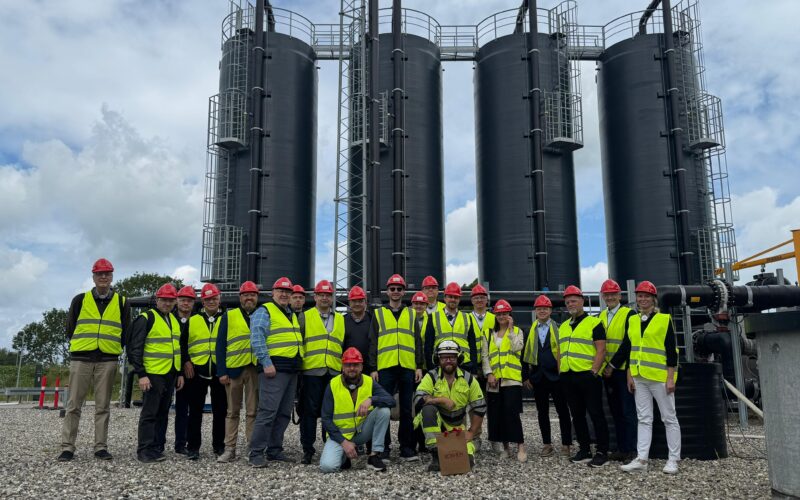Role of bioenergy in the economy decarbonization in circumstances of the pandemic — an interview with Georgii Geletukha for the Agribusiness Today media
We have published the interview (in Ukrainian) with UABIO Head of the Board Georgii Geletukha for the Agribusiness Today media on the role of bioenergy in the decarbonization of the economy, as well as green development in Ukraine in circumstances of the pandemic.
Key points
- How do the economic crisis and the COVID-19 affect biofuel production?
- General trends in bioenergy development.
- Challenges and problems of the bioenergy industry. Export potential of Ukraine in this sphere.
Important thoughts
- The delay in payments under the green tariff for the produced electricity led to the fact that bioenergy projects had to survive. Now the situation is better. However, the Government should not allow such situations.
- Bioenergy has consistently good performance in the heat, but in general we need to stabilize the energy market.
- We expect the launch of auctions that will replace the green tariffs. According to UABIO calculations, it is even more profitable for bioenergy projects to go to auctions.
- The abolition of the CO2 tax is necessary. Biomass does not upset the balance of carbon in the atmosphere, but paying a tax even higher per unit of energy than coal. It is nonsense. The government has already supported the bill.
- The bioenergy sector needs further legislative regulation. Otherwise there will be no development.
- State support of energy crops will allow to use of marginal lands and create jobs — the state will return more in taxes than it will spend on tax preferences, renting land without auctions and subsidies per hectare after planting.
- Biomethane, “green” hydrogen and bioethanol have the greatest export potential in Ukraine. It is an expensive fuel for the domestic market, but Europe is very interested in it and ready to buy.
- I hope that European trends in the green energy development and Ukraine’s pro-European ambitions will contribute to the decarbonization and introduction of a carbon tax.
- It is necessary to move away from the monopoly model in district heating in favor of a competitive model.
- The introduction of a CO2 tax on all fossil fuels is an easy-to-administer mechanism. The money from these taxes should go to energy efficient projects.
- According to the current Energy Development Strategy, bioenergy indicators must grow to 11 millions of tons of oil equivalent. Now we have 3 millions of tons of oil equivalent. The sector should grow almost four times. Forest biomass is not enough for this. We are an agrarian state. Agricultural biomass is more than half of our energy resource. The second promising area is energy crops.
- Creating a biofuel exchange, an electronic platform for biofuel trade, is an opportunity to reduce the price of biofuels by an average of 20%; introduce mandatory biomass certification; establish a clear relationship between price and quality of raw materials; guarantee timely delivery of biomass.
- Global warming is closer than we thought. This is evidenced by the droughts and crop failures that we had this year. We have to react and fight greenhouse gas emissions.
Moderator: Oleksandr Gorda, editor-in-chief of the Agribusiness Today media


